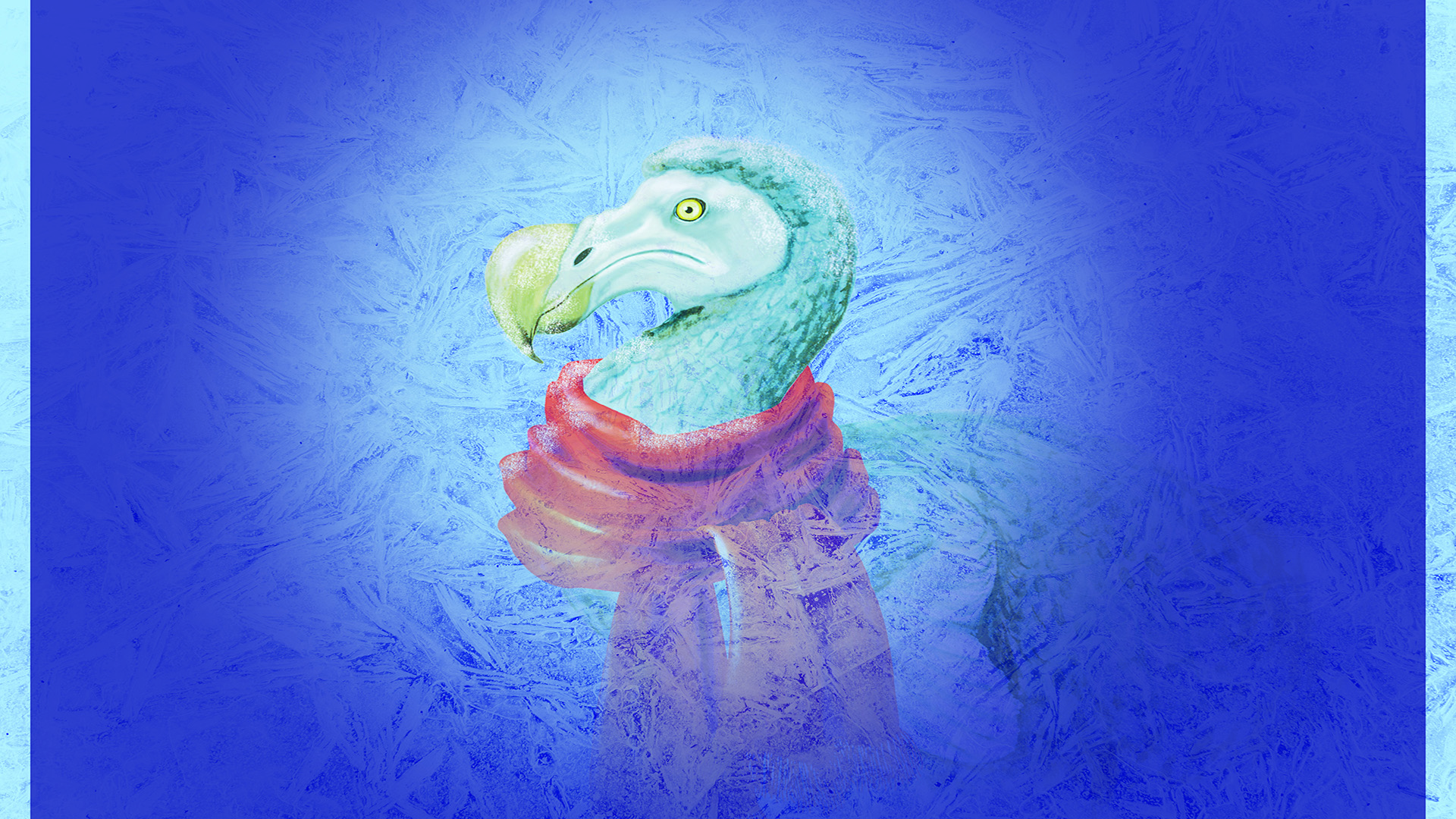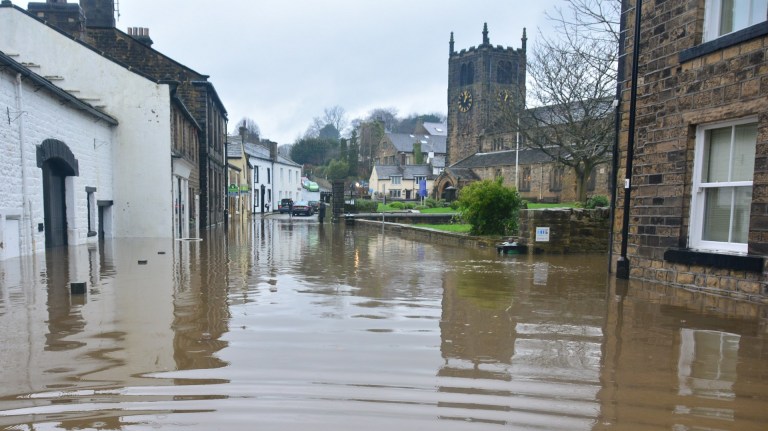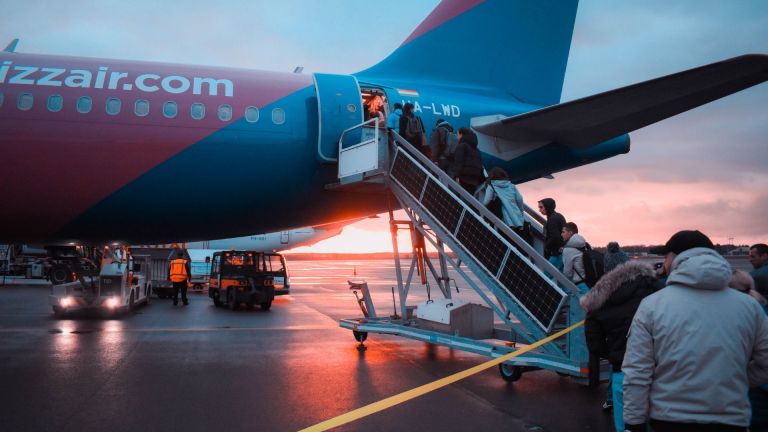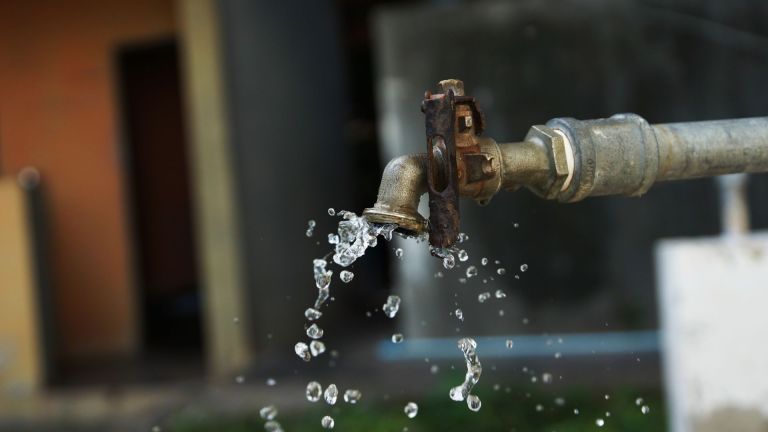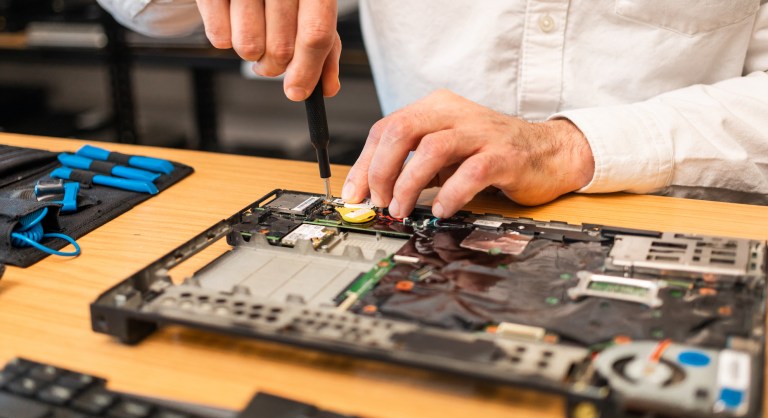Does the frozen ark focus on endangered animals?
Yes, the frozen ark only keeps genetic material from endangered species – and we have all sorts from all over the world, from tiny tree snails from the Pacific, to snow leopards, elephants and antelopes. But there are other arks (for example, there is one for European zoos) that have samples for more common species, because even those
species are in decline. Animals that are common and declining today may become endangered tomorrow.
What does a sample actually consist of?
Just a really small amount is needed, usually a few micrograms of DNA (a microgram is one millionth of a gram) is all we need. But we sometimes keep tissue (a few millilitres of blood, for example) and we keep cell cultures and sperm samples too.
Occasionally, when animals die we can take samples.
How are samples collected?
It varies. In zoos, when animals are undergoing health checks and are having blood or tissue biopsies we can take a small sample. Occasionally, when animals die we can take samples. For very rare species, which are being studied in their natural habitat, we may even accept poo samples – but the poo has to be very fresh!
Does the frozen ark hold any species on the verge of extinction?
Yes, sadly it does (including the tree snails I mentioned), and even sadder, it contains samples for many populations and subspecies of animals that have gone extinct. There are a lot of populations of animals that I have studied myself that have gone extinct over the 30 years I have been doing this kind of science. For example, we have genetic samples of the western black rhinoceros that lived in Cameroon but was declared extinct in 2010.
Why is this an important project in today’s world?
If we don’t do this, species will lack the genetic diversity they need to survive future climate change, habitat fragmentation, and the environmental degradation and destruction that man is inflicting on the planet. Genetic diversity is a prerequisite for evolution to happen, as Darwin appreciated. Evolution is the way that individuals and populations adapt to their new circumstances.
So it’s less about resurrecting extinct animals and more about preserving the genetic diversity of those still around?
We do preserve DNA for the far future, because it is impossible to predict what technology might bring in 100 years’ time. But we are very focused on conserving DNA that can help research and conservation now. One way is by using sperm from animals that died decades ago to add ‘new’ genetic material to species undergoing conservation management in the present day.
How can we make sure we’ve learned the lessons of Jurassic Park?
Scientists will always push boundaries – it is what we do! We don’t have the technology to recreate a dinosaur, and even if we could create the organic structures that make a living animal, it would be out of context because the world has changed radically since its genome evolved to make it exist. It would not know how to behave, it would be susceptible to all the diseases on the planet that have evolved since it went extinct and much of the way animals live are due to ‘nurture’ as opposed to ‘nature’ – so it wouldn’t know how to survive. Cloning of animals is already done (as in Dolly the Sheep) but clones by definition have no genetic diversity, and the point of the frozen ark is to conserve genetic diversity!
Illustration: Laura Hurst
